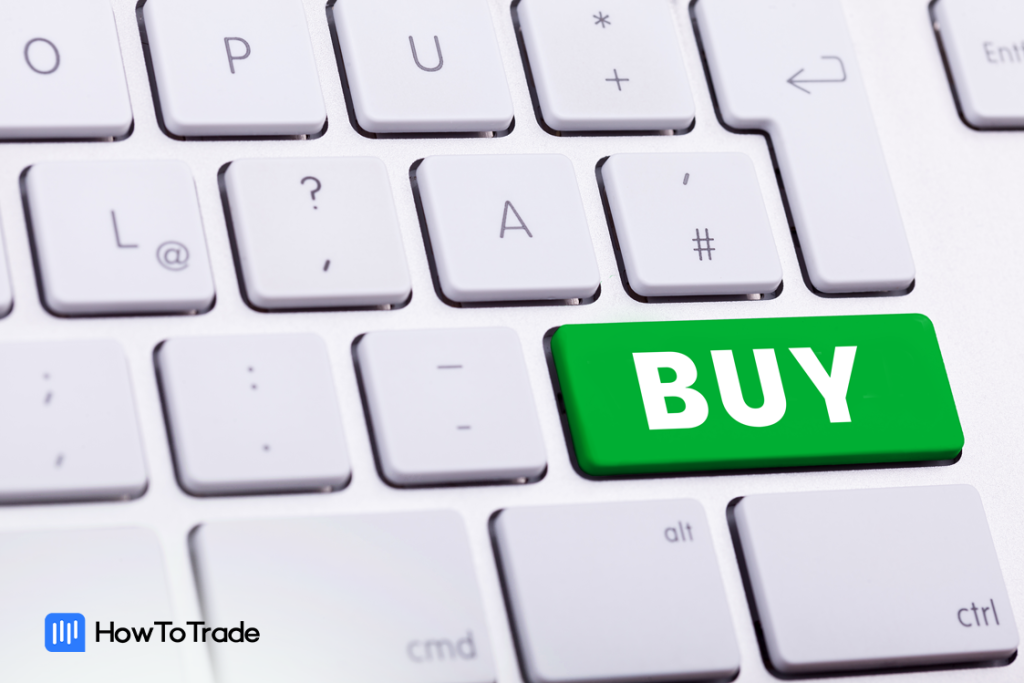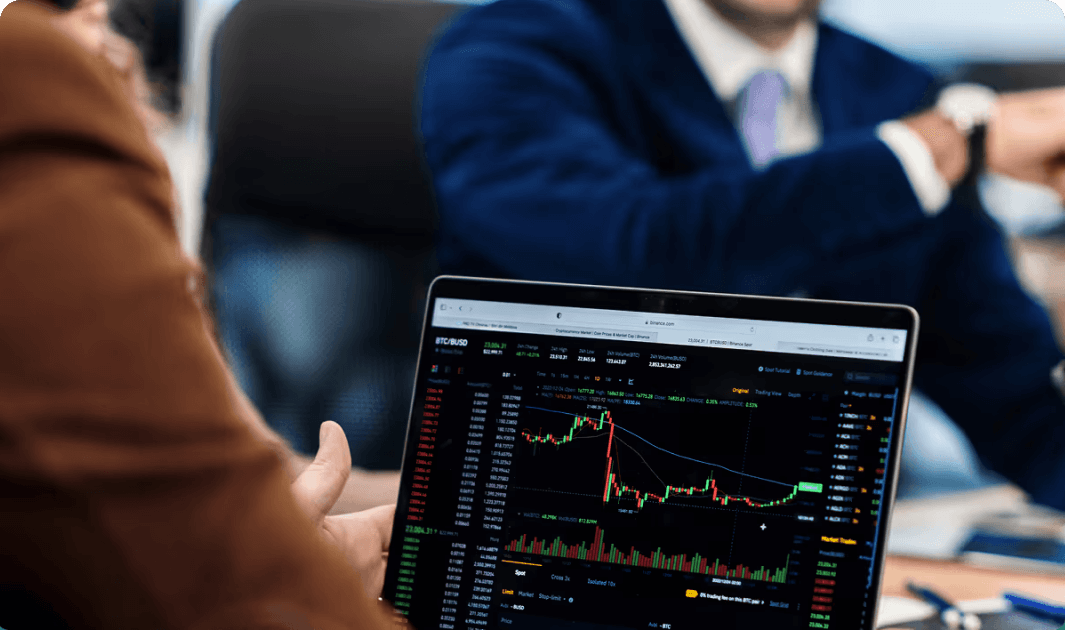What Happens After Buying a Stock?
Have you ever wondered about what actually happens after you buy a stock? Will you receive a welcome pack? Will you receive any material form of the stock? Will you be added to the organization’s mailing list?
In this article, we will walk you through the aftermath of becoming a stock owner of publicly traded companies.
Buying a Stock – What Happens When You Buy a Stock?
If one is looking to buy a share in any company, one can do so by placing an order through a stockbroker. This can either be a FINRA (Financial Industry Regulatory Authority) licensed representative working in a broker’s office, or the order can be placed online using an electronic stockbroker regulated by another regulatory agency.
Either way, once the investor purchases a particular stock in the stock market, the stockbroker will charge a commission for the purchase or sale of stock. Then, the investor owns a percentage of the firm and is a legit owner of the company’s shares.

So, now that you are a legit owner of shares of the company, let’s see what happens when you buy a stock.
Becoming a Stock Owner
Once the share, or stock, is purchased, it will show as a holding in the investor’s account. Now, most stocks only exist in an electronic form. There is no such thing as a material form of a stock, nor are there any stock certificates with the investors’ names on them. Instead, all electronic stock shares are held in the broker’s computer system and credited to the investor’s account (although you can ask for an ownership certificate).
All of these shares will stay in the investor’s account until they decide to sell their stocks or transfer them to another broker or account. Otherwise, you can always ask your broker to get a stock certificate and save it as a security. As a matter of fact, a few decades ago, it was very common to bring shares of a company in the form of a certificate as a gift for a wedding, birthday, etc.
Further, you may receive voting rights when you buy shares in a publicly traded company. For that matter, you need to purchase common stocks and not preferred stocks, as these types of shares give you the right to vote.
It doesn’t mean you’ll have to go to the company’s headquarters and make crucial decisions on the next project. It means you can participate in the firm’s actions, such as selecting members of the board of directors, approving or disapproving dividend payments, etc.
The Changing Value of Stock
Obviously, most people buy stocks for the purpose of selling them for a profit. As you already know, the value of stock prices constantly changes as they are traded on a stock exchange.
Now, the investor will own the same number of shares purchased, but the share price can (and in many cases will) change with the current market value of the shares. For the investor, the goal is to have the shares increase in value over the purchase stock’s price and make capital gains from stock trading.
Dividends
And let’s not forget about dividends – a portion of the company’s profits paid to its shareholders. This is not something that not all companies do, so you’ll have to find out what companies pay dividends and what companies do not. If applicable, these dividends are credited to the investors’ accounts as cash, usually once or twice a year. As a result, most investors are looking for high-dividend-paying stocks.
Value Change – The Stock Sizes
If you buy a share in a company, it doesn’t necessarily mean that you will end up only owning that one share. On many occasions, the number of shares an investor holds changes. This is due to several different reasons.
If the organization declares a stock split or stock dividend, the investor will accumulate additional shares. In time, stock splits can significantly increase the number of shares the investor owns.
From the perspective of companies, they do a stock split to improve the liquidity of their shares and make their stocks more affordable (though the firm’s market capitalization stays the same). For investors, a stock split does not change the position’s value.
It does not mean you lose money or make a profit from it – It simply means you have more shares, but the stock price has also changed. Nonetheless, if a company is successful, then a stock split usually works to your benefit over the long term.
For example, if you bought one share of Coca-Cola in 1926 via the New York Stock Exchange, you would now own 4,609 shares. Not too bad, right?

Final Step – Selling a Stock
The final step is to sell the shares you own. If you feel like it’s time to sell your stock, you can again do so through your stockbroker. In the stock markets, the selling process is simple as the electronic system automatically finds the buyer for you. And that’s it! Once the stock is gone, it’s gone! You transfer your ownership to another investor and are no longer part of the firm.
In the next lesson, we will explore the different types of market analysis and help you find the tools to predict stock future price movements. See you in the next lesson.

